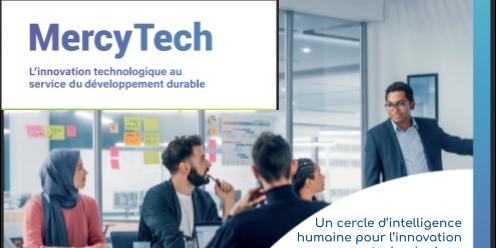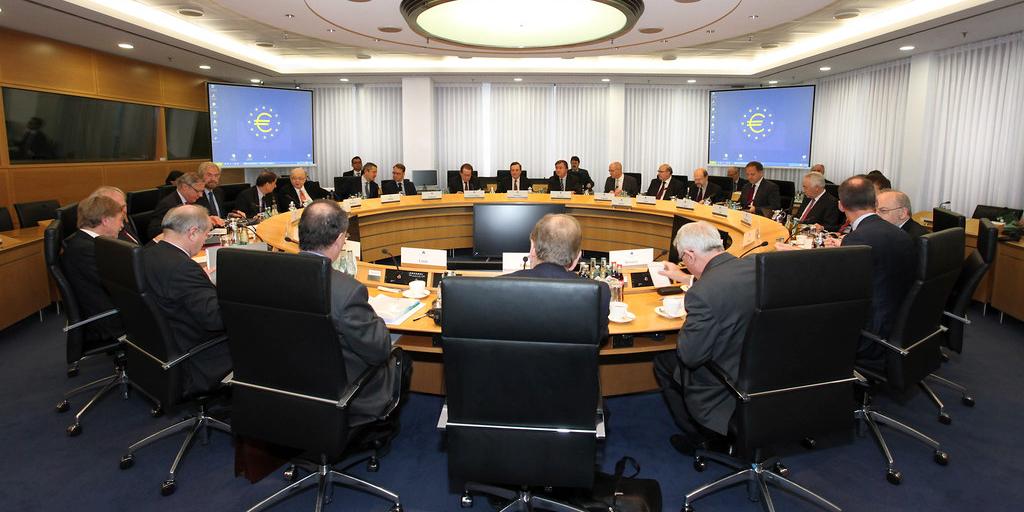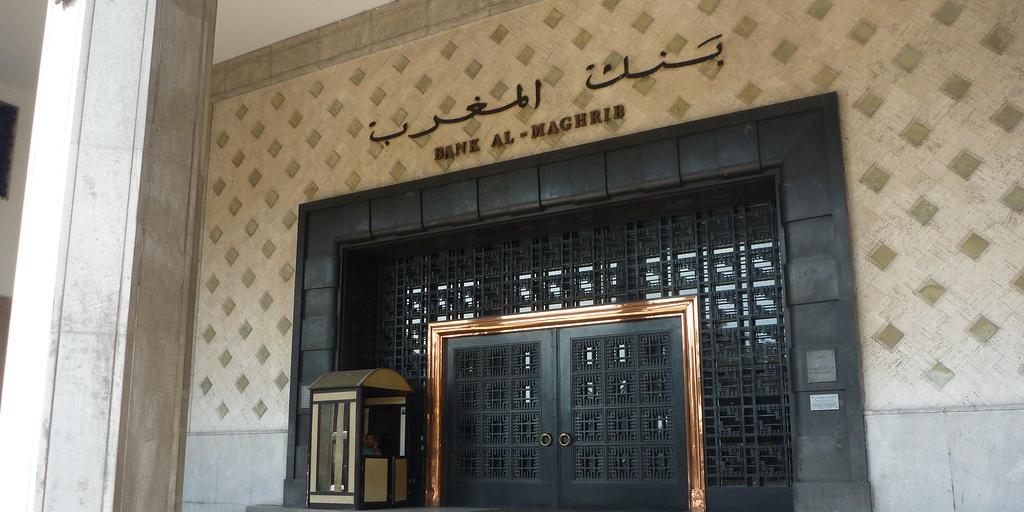South Africa-City of Joburg adopts hybrid working policy to attract talented workforce
- 27 June 2022 / News / 436 / Fares RAHAHLIA

The council of the City of Johannesburg has approved the Multi-Party Government’s hybrid working policy – which it says is the first of its kind for any city or government in South Africa.
The new policy is based on international best practice and aims to increase productivity and morale of employees while reducing costs and the carbon footprint of the city, it said in a statement.
“This is in line with the executive mayor’s priorities of ensuring that Johannesburg is a city that gets the basics right and aims to become a well-run smart city for our residents.”
“To achieve these priorities, we need a professional and efficient staff complement,” the CoJ said.
“Employees are the engine of the city, and we want to strengthen Johannesburg’s status as an employer of choice – allowing us to attract the best and brightest. This policy will allow those employees who are not required on the frontline of service delivery to execute their daily responsibilities with flexibility as they contribute towards Johannesburg’s Golden Repair.”
The council said that to attract and retain the very best talent, it has become important to recognize the fast-changing global landscape of work/life balance for all employees.
“The Covid-19 pandemic accelerated existing work to achieve these goals and introduced the new normal for the entire world.
“We benchmarked our policy on local and international companies with similar employee numbers in the banking and technology sectors, which found that the implementation of such a policy will decrease carbon footprints, reduce traffic congestion, and realise savings from property rentals and other associated costs with these buildings, such as IT infrastructure and security services.”
The council said city will now embark on a proactive assessment of all of its corporate buildings to determine the optimum space requirements of its workforce, which can then be equipped as with hot desks, breakaway rooms, and ‘dynamic spaces’ that can increase collaboration to break down the silo effect it said blocks productivity.
source: BusinessTech
 English
English
 français
français
 العربية
العربية







